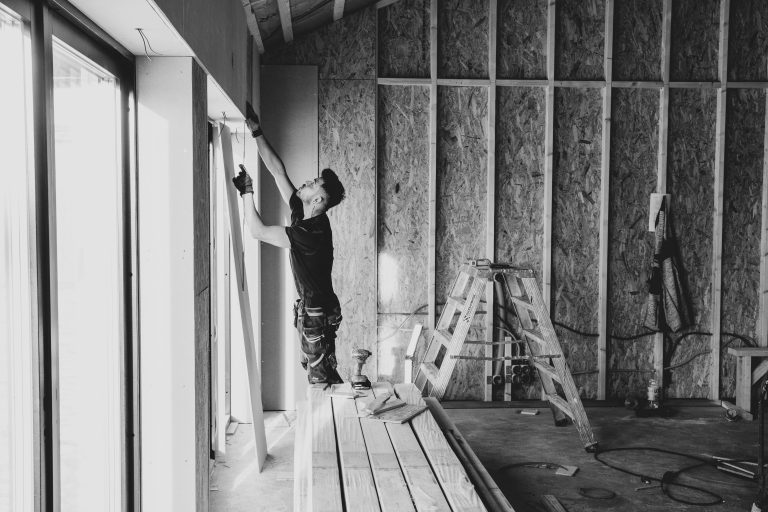What Is a Deed?
A deed is a legal document that transfers ownership of real estate from one party to another. It includes details about the property, the buyer and seller, and the type of ownership being transferred. Understanding the types of property deeds is important because each one offers different levels of protection and legal responsibility. Deed type matters.
General Warranty Deed
This is the strongest and most protective type of deed for a buyer. A general warranty deed guarantees that the seller holds clear title to the property and has the right to transfer it. It also provides protection against any claims or issues that may have occurred even before the seller owned the property.
If you are buying a home and want peace of mind that no one can come after you for old liens or title problems, this is the deed you want. It is the most common deed used in traditional residential real estate sales.
Special Warranty Deed
A special warranty deed also offers some protection, but it only covers the time period during which the seller owned the property. In other words, the seller promises that nothing went wrong with the title while they owned it, but they do not make any guarantees about what happened before they bought it.
This type of deed is often used in commercial transactions or by banks selling foreclosed properties.
Quit Claim Deed
A quit claim deed offers the least protection. It transfers whatever interest, if any, the grantor has in the property but does not make any warranties or guarantees about title. This means that the person transferring the property is not promising that they actually own it or that the title is free and clear.
Quit claim deeds are commonly used between family members, in divorce settlements, or to fix minor title issues. They can be useful in certain scenarios, but they should be used with caution.
Bargain and Sale Deed
A bargain and sale deed implies that the seller owns the property and has the right to transfer it, but it does not offer warranties against title defects. This type of deed is typically used in tax sales or foreclosures, where the property is sold “as is” and the buyer takes on more risk.
Deed of Trust
A deed of trust is not used to transfer ownership in the same way. Instead, it involves three parties and is used in some states as a way to secure a mortgage loan. The borrower transfers the legal title to a neutral third party, called a trustee, until the loan is paid off. Once the loan is satisfied, the trustee transfers full ownership to the borrower.
Lady Bird Deed
Also known as an enhanced life estate deed, the Lady Bird deed allows someone to retain control over their property during their lifetime while automatically transferring ownership to a beneficiary upon death. It avoids probate and can be a useful estate planning tool, but it is not available in every state.
Why It Matters
The type of deed used in a transaction can impact your legal rights, your financial risk, and even your ability to sell the property in the future. This is why it is so important to work with a qualified real estate agent or attorney who understands local laws and can guide you through the process with clarity and care.
Final Thoughts
Deeds are more than just paperwork. They define your rights and responsibilities as a property owner. Before signing or accepting a deed, make sure you understand what it says and what it means for your future.
If you are buying or selling a home and have questions about the deed or any part of the transaction, I can connect you with a trusted real estate attorney or experienced agent in your area who can guide you. Let me know what you need and I will help you get started.







